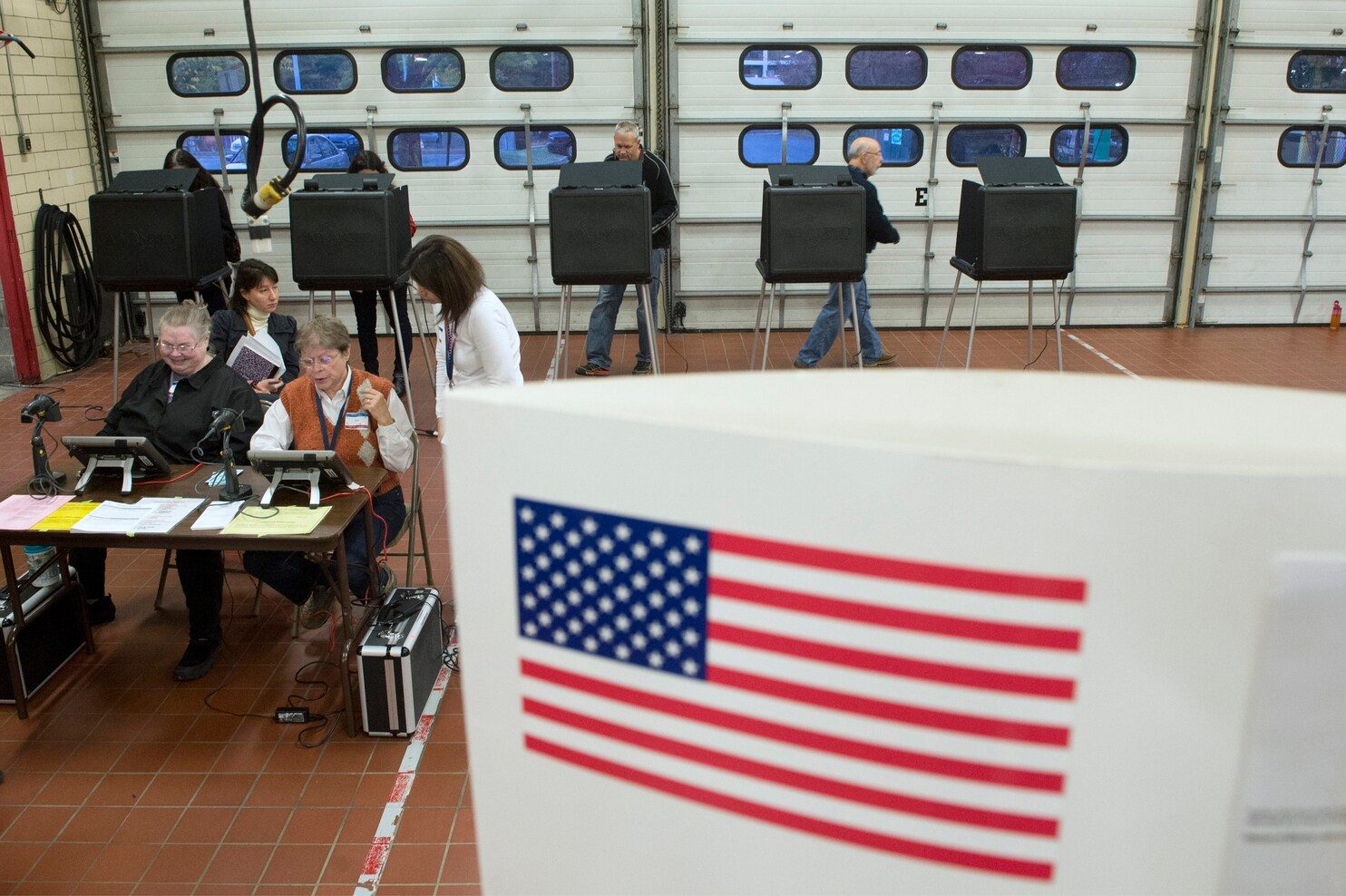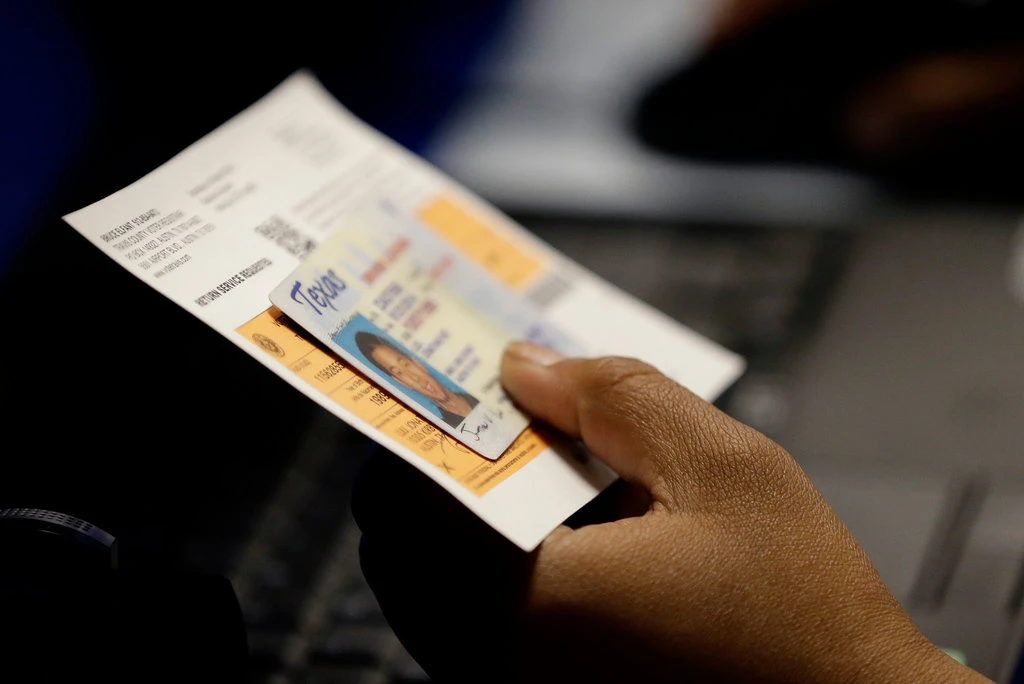As the nation gears up for a highly anticipated rematch between incumbent President Joe Biden and former President Donald Trump in November, likely voters have honed in on key issues shaping their decisions. Foremost among these concerns are inflation and price hikes, illegal immigration, and the overall state of the economy. With both candidates poised to vie for the presidency once again, these pressing issues are expected to take center stage in the national discourse leading up to the election.
 The Center Square Voters’ Voice Poll, conducted in conjunction with Noble Predictive Insights, found that given a range of options to identify their top concerns, likely voters said inflation/price increases (45%), illegal immigration (44%) and the economy/jobs (24%) were the issues that matter most to them. Rounding out the top 10 issues were abortion rights (22%), crime/violence (22%), government corruption (20%), climate change (19%), health care access (18%), national debt/government spending (16%) and national security (16%).
The Center Square Voters’ Voice Poll, conducted in conjunction with Noble Predictive Insights, found that given a range of options to identify their top concerns, likely voters said inflation/price increases (45%), illegal immigration (44%) and the economy/jobs (24%) were the issues that matter most to them. Rounding out the top 10 issues were abortion rights (22%), crime/violence (22%), government corruption (20%), climate change (19%), health care access (18%), national debt/government spending (16%) and national security (16%).
Inflation and illegal immigration have emerged as paramount concerns among likely voters, significantly overshadowing other issues. According to David Byler of Noble Predictive Insights, these concerns transcend party lines, resonating strongly with Democrats, Republicans, and True Independents alike. Byler emphasized the ubiquitous impact of inflation, stating, “Every political group thinks this matters.”
Recent data reflects the severity of the inflationary pressures. In June 2022, inflation surged to 9.1%, while the all items index witnessed a 3.2% increase over the past 12 months, remaining above the Federal Reserve’s 2% target even after seasonal adjustment. The resultant price hikes have squeezed American budgets across socioeconomic strata, challenging the notion that the wealthy are immune to its effects. Byler noted the politically perilous nature of inflation, highlighting its indiscriminate impact on all segments of society.
Illegal immigration has also garnered heightened attention, particularly in border states like Arizona and Texas, where the influx of migrants has prompted significant concerns. Texas, for instance, has transported over 102,000 migrants to cities such as New York, Chicago, and Denver, exacerbating anxieties about the issue nationwide.
The escalation of illegal immigration as a top concern is evident in recent polling. In the summer 2023 Voters’ Voice Poll, inflation topped the list with 44% of respondents identifying it as the foremost concern, followed by crime/violence (27%), and illegal immigration (25%). Subsequent polling indicates a further amplification of worries regarding illegal immigration, surpassing concerns about crime/violence.
Byler emphasized the shifting dynamics of the election discourse, noting a transition from issues that favored Biden in 2020 to those where Trump traditionally performs well, such as the economy and immigration. Against the backdrop of both candidates’ extensive political histories, the evolving issue landscape assumes heightened significance in shaping voter preferences.
“Economic issues have a remarkable knack for taking precedence,” remarked Michael Bitzer, Chair of the Politics Department at Catawba College in North Carolina.
“Voters tend to pivot towards economic concerns when they loom large in the political landscape,” Bitzer shared with The Center Square. “Factors like the unemployment rate, especially when elevated, seize the forefront of voters’ attention and influence their decision-making. Pocketbook issues such as prices also hold significant sway. It’s been several election cycles since we’ve witnessed inflation topping voters’ list of concerns, primarily due to the historical trend of inflation maintaining low levels. However, its recent upward surge has thrust it back into the spotlight, marking a departure from the relatively stable inflationary environment observed over the past decade.”
According to an annual survey on American fears conducted by Chapman University, corrupt government officials (with 60.1% expressing being very afraid or afraid) emerged as America’s primary fear in 2023, closely followed by concerns over economic and financial collapse (at 54.7%).
The survey, comprising 2,510 voters, including 1,044 Republicans, 1,126 Democrats, and 340 True Independents, was conducted from March 11-15, boasting a margin of error of +/- 2%.

